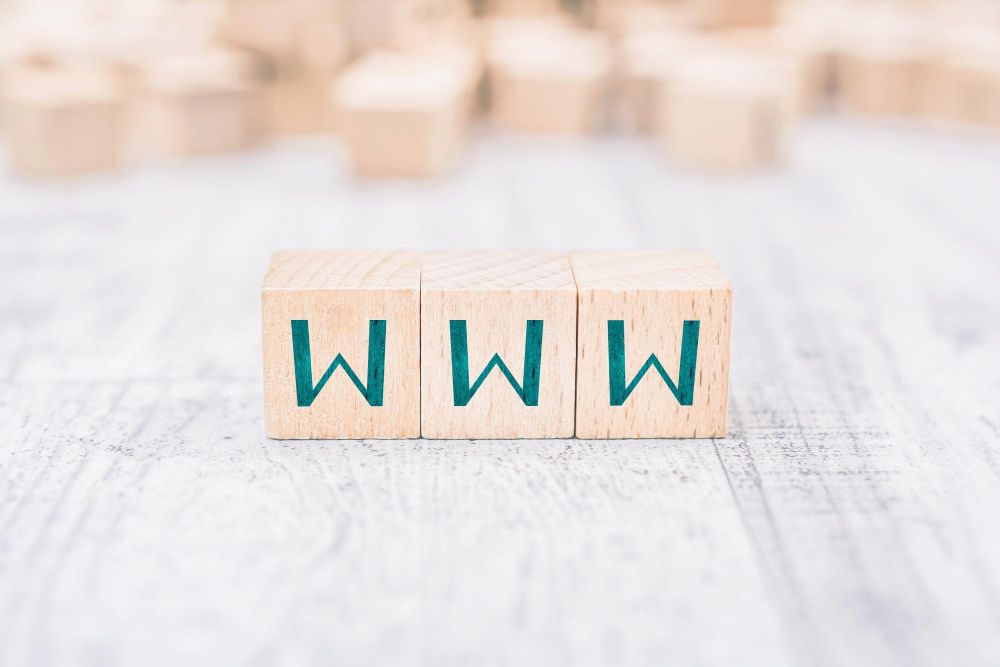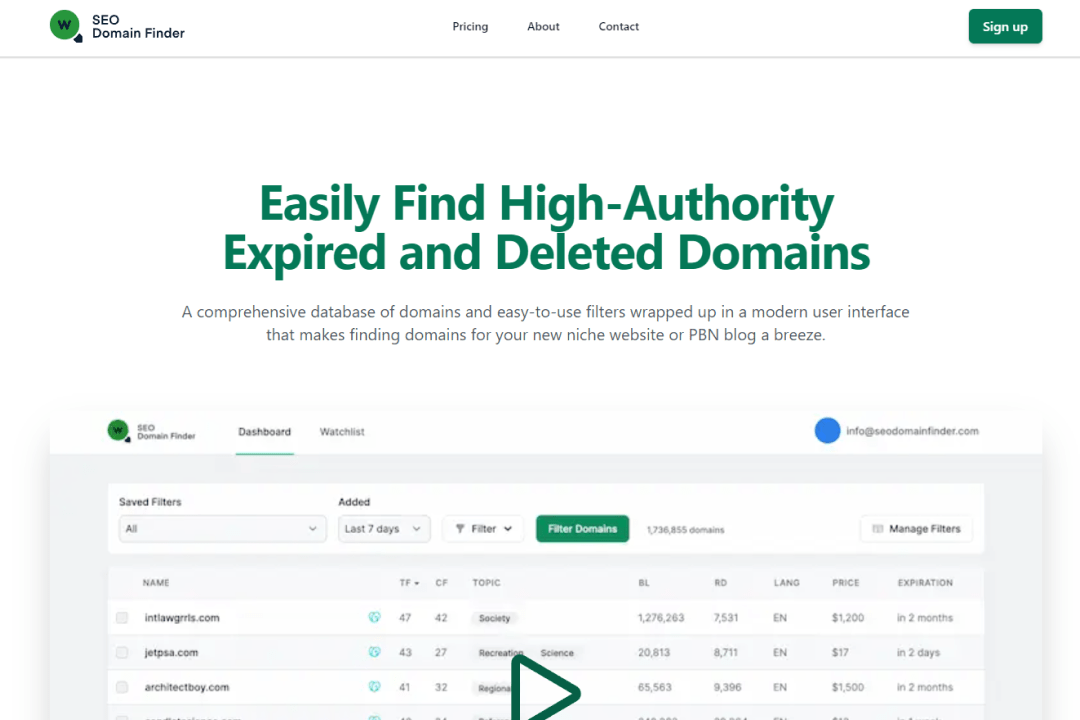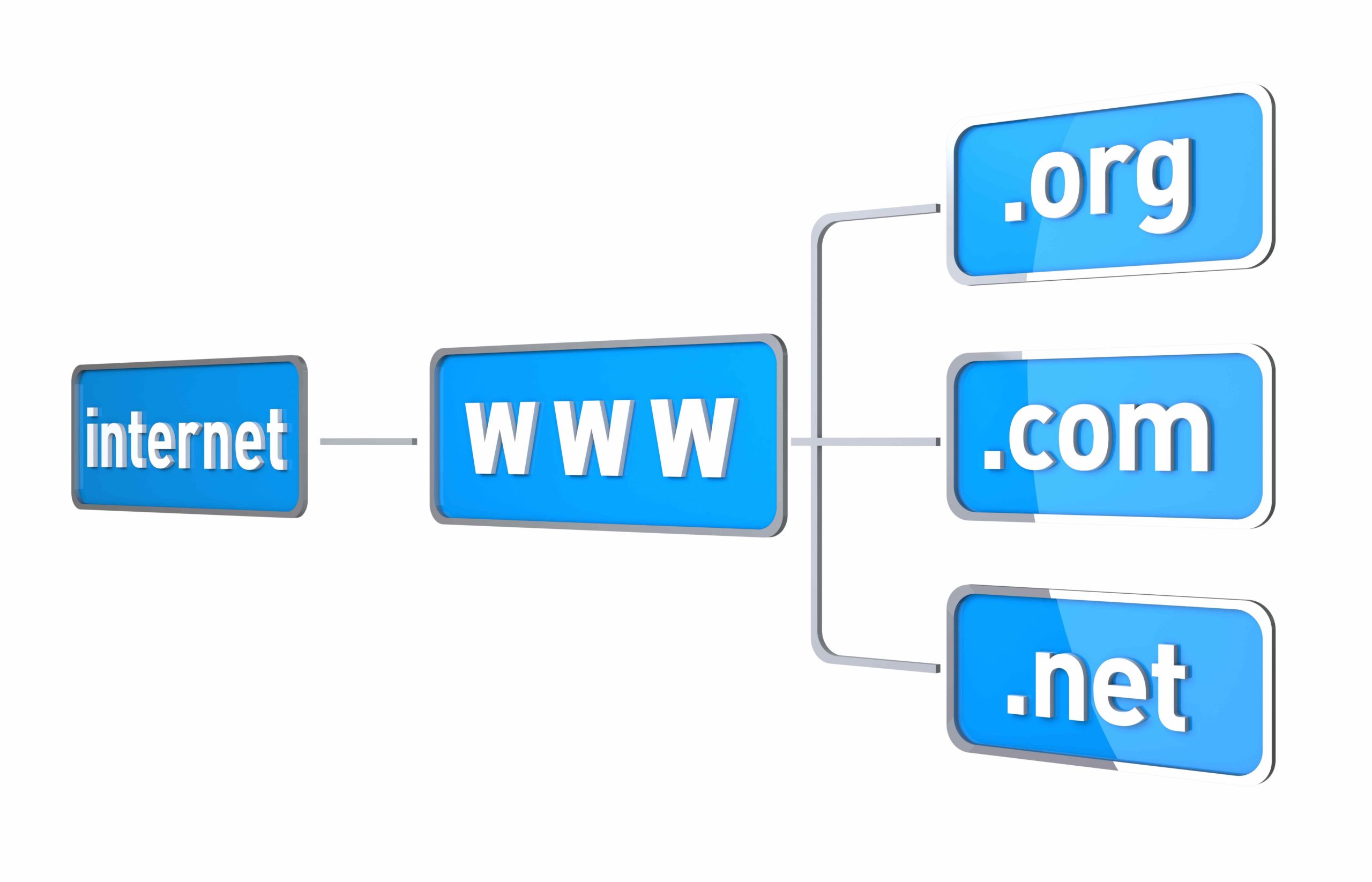
The .ru domain is a country code top-level domain (ccTLD) assigned to Russia.
Understanding the .ru domain is essential for individuals and businesses looking to establish an online presence within the Russian digital landscape.
In this article, we’ll delve into the basics of what the .ru domain entails, its significance, and its usage within the online world.
Key Takeaways
- The .ru domain is the designated country code top-level domain (ccTLD) for Russia, first established on April 7, 1994.
- This domain is commonly used by individuals and businesses seeking to create a digital presence associated with Russia.
- Possessing a .ru domain can enhance credibility with Russian internet users and contribute to optimizing a website for local search engines.
- While advantageous for targeting Russian users and showing trust with local clients, .ru domains may pose challenges for international targeting due to their country-specific nature.
- Comparatively, the purchase and renewal fees for a .ru domain are generally lower than those for other top-level domains.
- To secure a .ru domain, certain personal or business data must be provided. For individuals, this includes details such as birth date and passport number, while businesses need to supply taxpayer identification and company registration numbers.
What is .ru Domain Meaning?
The .ru domain is the official country code top-level domain (ccTLD) for Russia, implemented on April 7, 1994. It’s typically used by businesses and individuals seeking to establish a digital identity connected to Russia.
The registration process for a .ru domain requires the submission of certain personal or business information, but it’s generally straightforward.
The .ru domain offers various features that enhance its usability for users. These include DNSSEC, enhancing security, and Whois privacy, safeguarding personal information. Additionally, it supports Cyrillic domain names, improving the user experience for native Russian speakers.
Variations of the .ru domain include .org.ru, .net.ru, and .com.ru, providing a range of options for prospective domain holders.
It’s important to note that the allocation of .ru domains is based on a first-come, first-served principle, so timely registration is advised for those interested in securing a specific .ru domain.
What is .ru Domain Used For?
The .ru domain is primarily used for website hosting, with a significant focus on targeting Russian audiences. It serves as the default top-level domain for Russia, making it ideal for businesses and individuals looking to establish a strong online presence within the Russian web space. The .ru domain is recognized for its simplicity and affordability, offering a straightforward way to launch websites and online projects in Russia.
While advantageous for local targeting and reputable within the Russian online community, the .ru domain may present challenges for international recognition and search engine optimization targeting a global audience. Despite its limitations in international reach, the .ru domain is considered secure, trustworthy, and reputable within the Russian web environment.
What is .ru Domain Price?
The .ru domain cost is generally lower than many other top-level domains, making it an economical choice for website owners. The domain pricing can vary, but overall, it’s considered budget-friendly compared to other options. For example, RU-CENTER (nic.ru) provides .ru domains for 189 RUB, which is approximately $2.50.
The renewal fees for .ru domains are also relatively low, contributing to its cost-effectiveness for long-term use. However, it should be noted that additional charges may be incurred for services such as updates or transfers, depending on the policies of the specific registrar. Therefore, those interested in acquiring a .ru domain should consider these factors.
Although it’s a ccTLD for Russia, its competitive pricing broadens its appeal to users worldwide.
How to Get a .ru Domain?
To get a .ru domain, you can follow these general steps based on the information provided in the search results:
- Choose a Registrar: Select a domain registrar that offers .ru domain registration services, such as RU-CENTER or Netim. You can read our article about the best domain name registrars.
- Check Availability: Use the registrar’s search tool to verify if your desired .ru domain name is available for registration.
- Register the Domain: Once you find an available domain name, proceed to register it through the chosen registrar. You may need to provide personal or company information depending on the registration requirements.
- Payment: Complete the registration process by providing payment details as per the registrar’s pricing structure.
- Comply with Regulations: Ensure that your domain name complies with Russian laws and regulations, especially if you are targeting the Russian market.
- Manage Your Domain: After registration, you can manage your .ru domain through the registrar’s control panel, where you can update settings, renew the domain, or transfer it if needed.
By following these steps, you can successfully acquire a .ru domain for your website or online project.
Learn about other domain extensions:
Conclusion
The .ru domain is the country code top-level domain for Russia. It’s open for registration by anyone, making it accessible to both domestic and international users.
The cost of registration is generally considered reasonable, consistent with the pricing of other country-specific domains.
The .ru domain offers various features that enhance its usefulness for users. These include DNSSEC, which improves security, and Whois privacy, which safeguards personal information. Additionally, it enables the use of Cyrillic domain names, improving the user experience for native Russian speakers.
Given these characteristics, a .ru domain can be an effective tool for businesses seeking to extend their reach in the Russian market or for individuals aiming to establish an online presence. However, as with any domain name decision, it’s important to carefully consider the potential implications and assess the suitability for one’s specific needs.











































































































